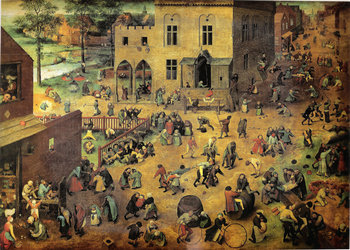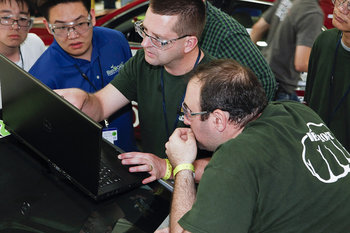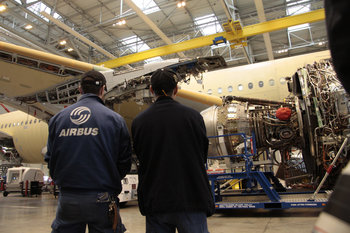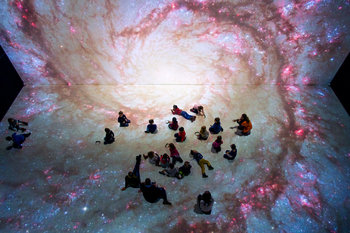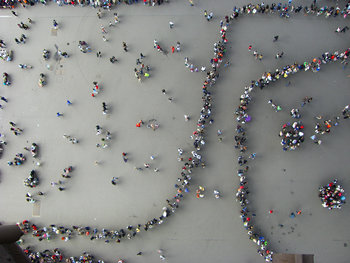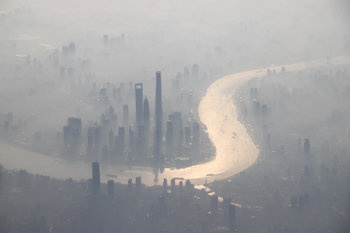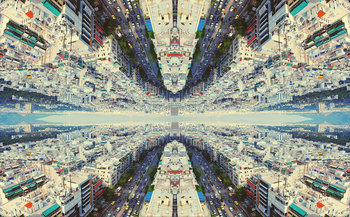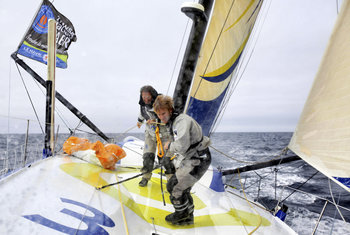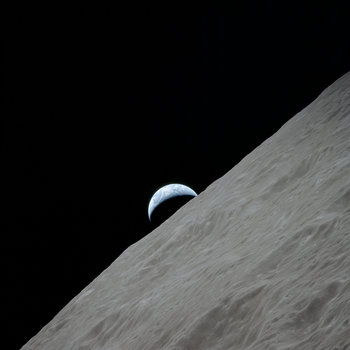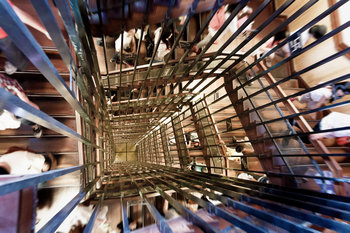
The Universe
The Universe itself. The information required to fully model the Big Bang is increasing rapidly as the Universe moves from a state of order to disorder in a process of entropy.Climate
The climate system of Earth is influenced by a large number of variables including elements of the atmosphere, hydrosphere, cryosphere, lithosphere and biosphere.Ecosystems
Communities of living organisms interacting as a system.Organisms
Individual organisms are complex systems.Cognition
The human brain and human thought are complex systems. For example, people demonstrate nonlinear behavior whereby they change their mind and alter their behavior in a dynamic or spontaneous fashion.Society & Culture
As human cognition is complex, systems based on human interaction also tend to be complex. This includes society, culture and related systems such as art.Organizations
Organizations may be organized using relatively simple processes, rules and technologies that would be possible to model. The human element of organizations is what makes them complex. For example, office politics may cause organizations to do spontaneous things such as making odd decisions. Human talents such as creativity are also a wild card in modeling organizations.Cities
Cities demonstrate emergence and spontaneity despite systems of planning, rules and control that seek to make things predictable.Economics
Economic systems are based on the participation of a large number of competing and/or cooperating people. Economic systems such as markets are extremely complex.| Overview: Complex Systems | ||
Type | ||
Definition (1) | A system that is prohibitively complex to fully model or predict. | |
Definition (2) | Systems with a large number of parts that demonstrate non-linear behavior, emergence and spontaneous order. | |
Related Concepts | ||



